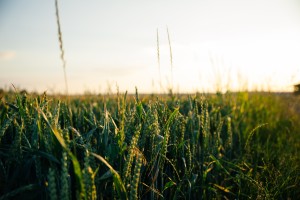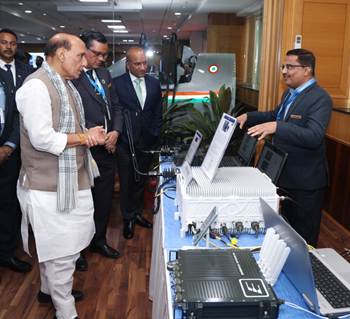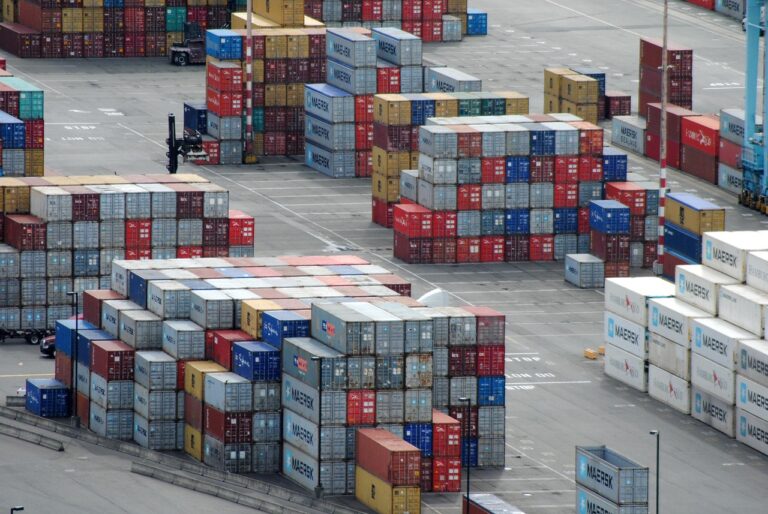
Photo by Glenn Carstens-Peters on Unsplash
[the_ad_placement id=”adsense-in-feed”]
– globalbihari bureau
New Delhi: The Cabinet Committee on Economic Affairs (CCEA) chaired by Prime Minister Narendra Modi has approved the increase in the Minimum Support Prices (MSPs) for all mandated Kharif crops for marketing season 2020-21.
“Government has increased the MSP of Kharif crops for marketing season 2020-21, to ensure remunerative prices to the growers for their produce. The highest increase in MSP is proposed for niger seed (Rs 755 per quintal) followed by sesamum (Rs 370 per quintal), urad (Rs 300 per quintal) and cotton (long staple) (Rs 275 per quintal). The differential remuneration is aimed at encouraging crop diversification,” aCabinet Committee on Economic Affairs (CCEA) press release stated.
Also read: “सीजन 2020-21 खरीफ की फसलों की खरीद के लिए घोषित समर्थन मूल्य किसानों के साथ धोखा है”
[the_ad_placement id=”content-placement-after-3rd-paragraph”]
MSP for all Kharif crops for marketing season 2020-21:
^Cost data are not separately compiled for Paddy (Grade A), Jowar (Maldandi) and Cotton (Long staple)
The CCEA release stated that the increase in MSP for Kharif Crops for marketing season 2020-21 was in line with the Union Budget 2018-19 announcement of fixing the MSPs at a level of at least 1.5 times of the All-India weighted average Cost of Production (CoP), “aiming at reasonably fair remuneration for the fanners”. The expected returns to farmers over their cost of production are estimated to be highest in case of Bajra (83%) followed by urad (64%), tur (58%) and maize (53%), it stated. For rest of the crops, return to farmers over their cost of production is estimated to be at least 50%.
“Concerted efforts were made over the last few years to realign the MSPs in favour of oilseeds, pulses and coarse cereals to encourage farmers shift to larger area under these crops and adopt best technologies and farm practices, to correct demand – supply imbalance. The added focus on nutri-rich nutri-cereals is to incentivize its production in the areas where rice-wheat cannot be grown without long term adverse implications for groundwater table, it further stated.
[the_ad_placement id=”sidebar-feed”]





